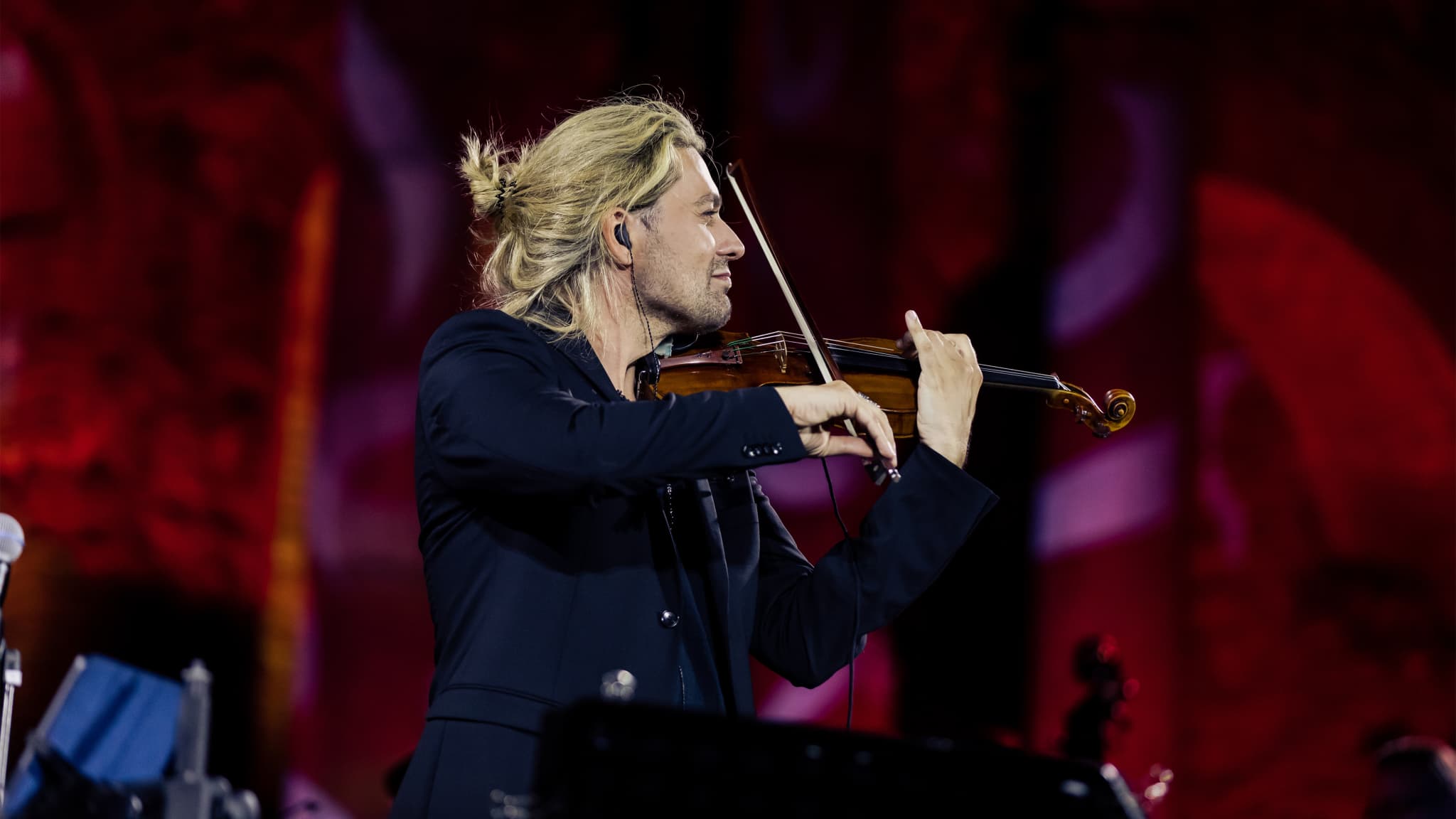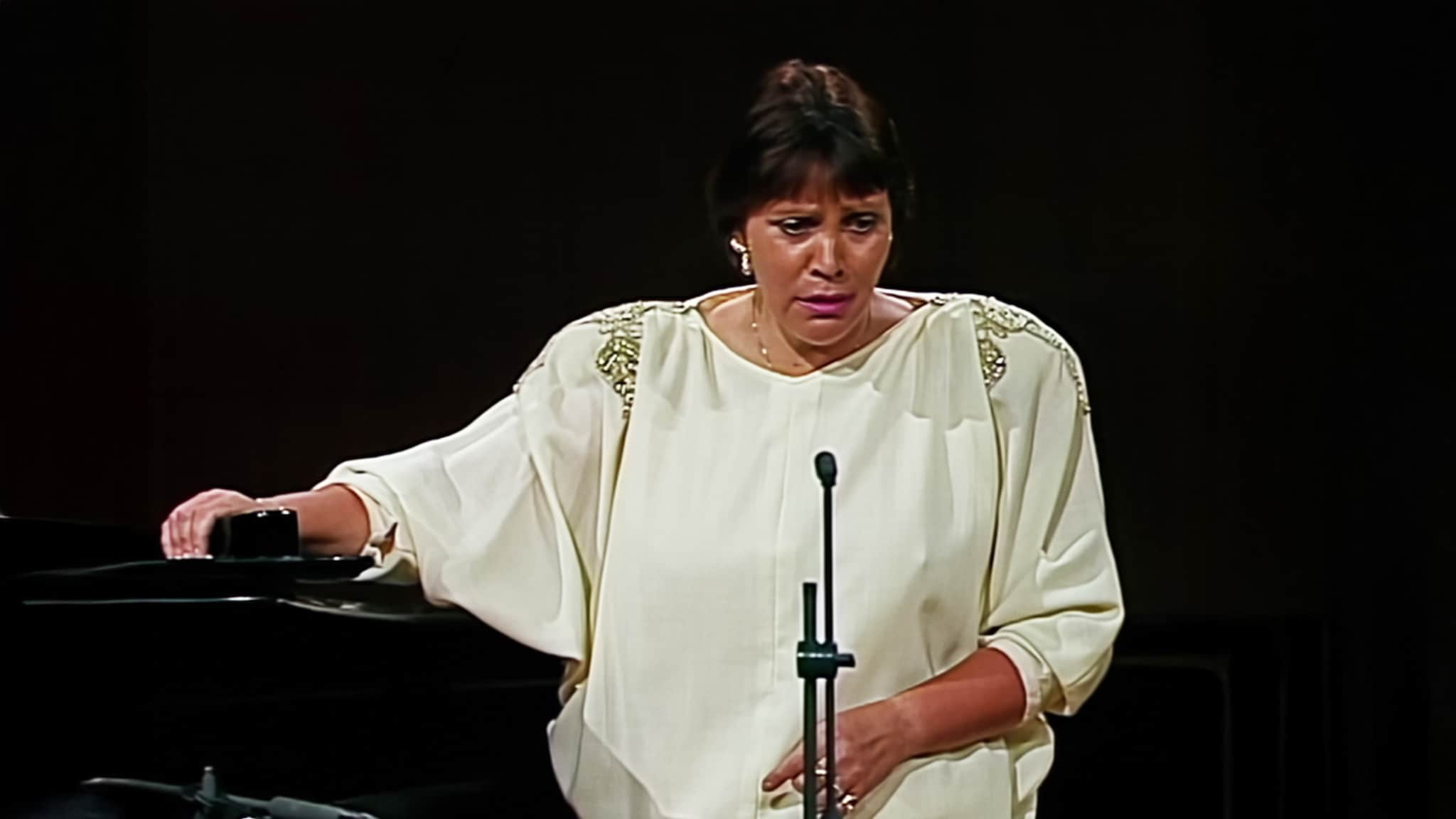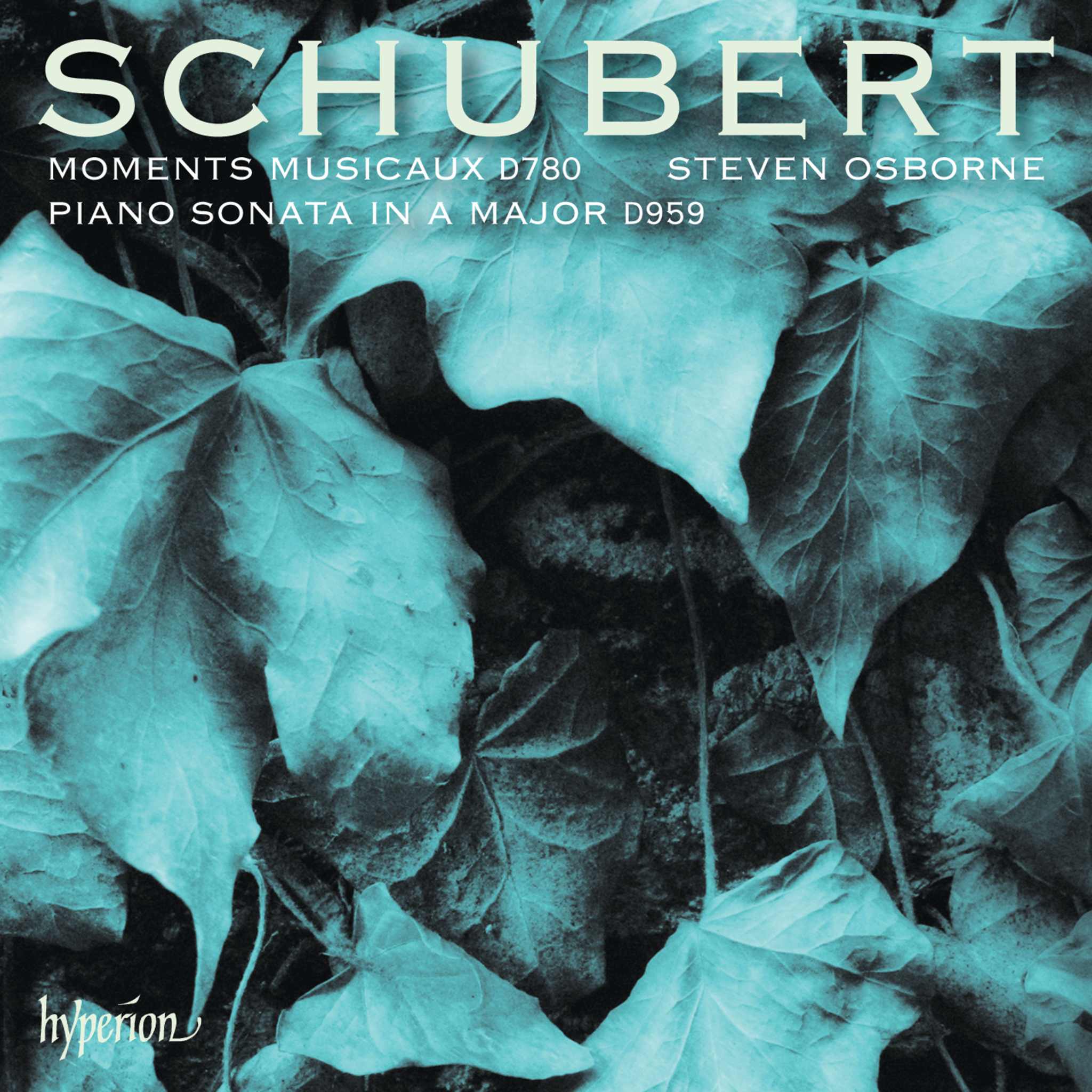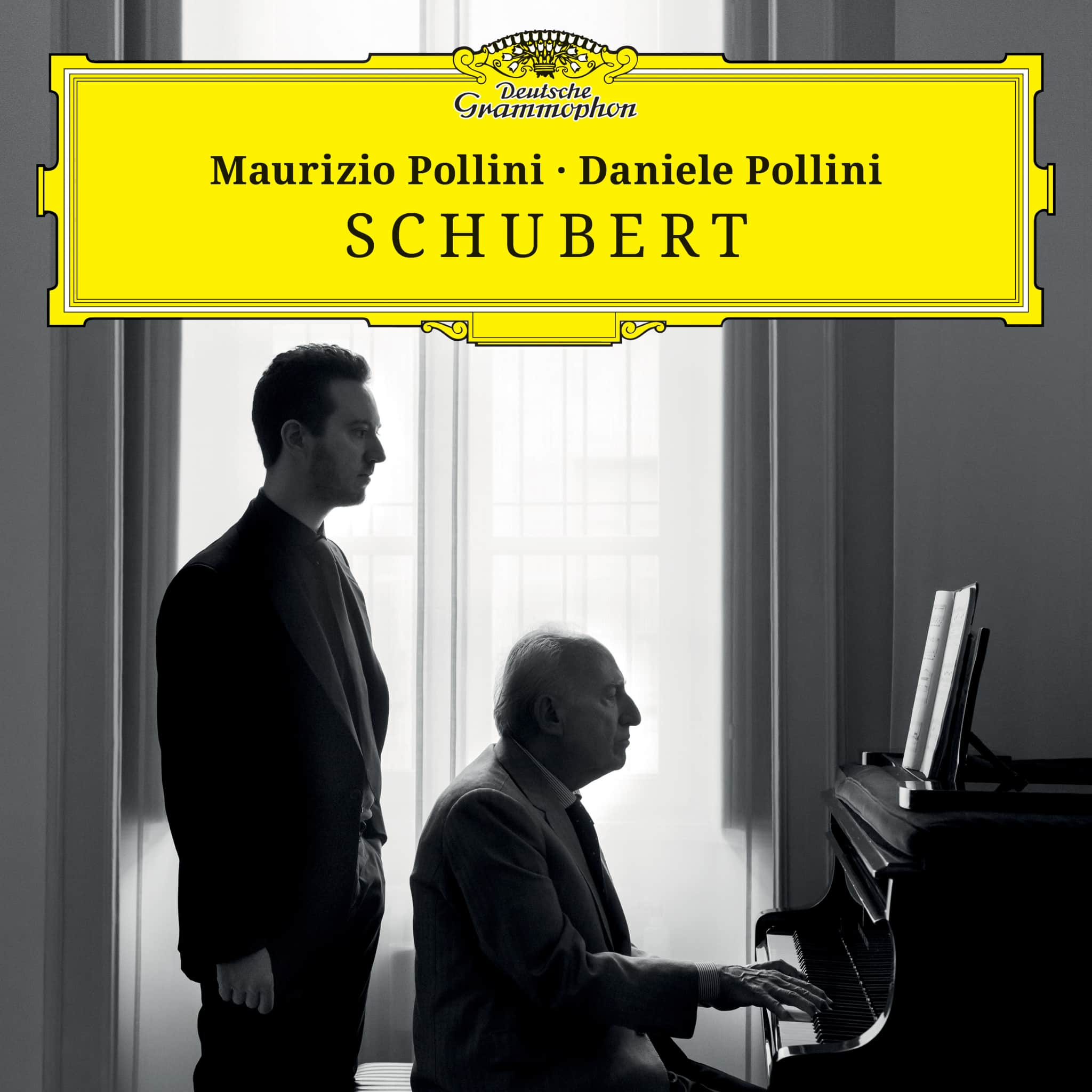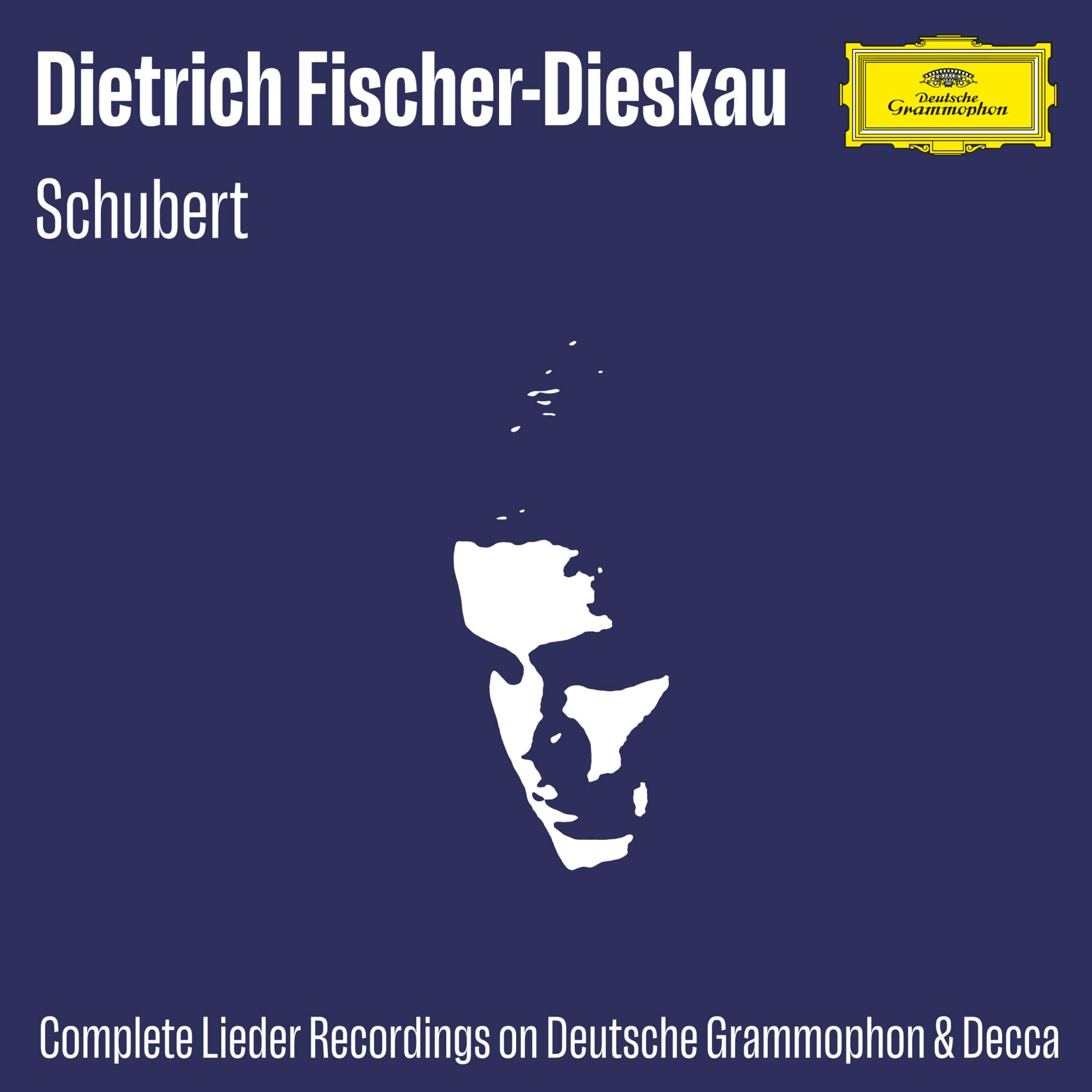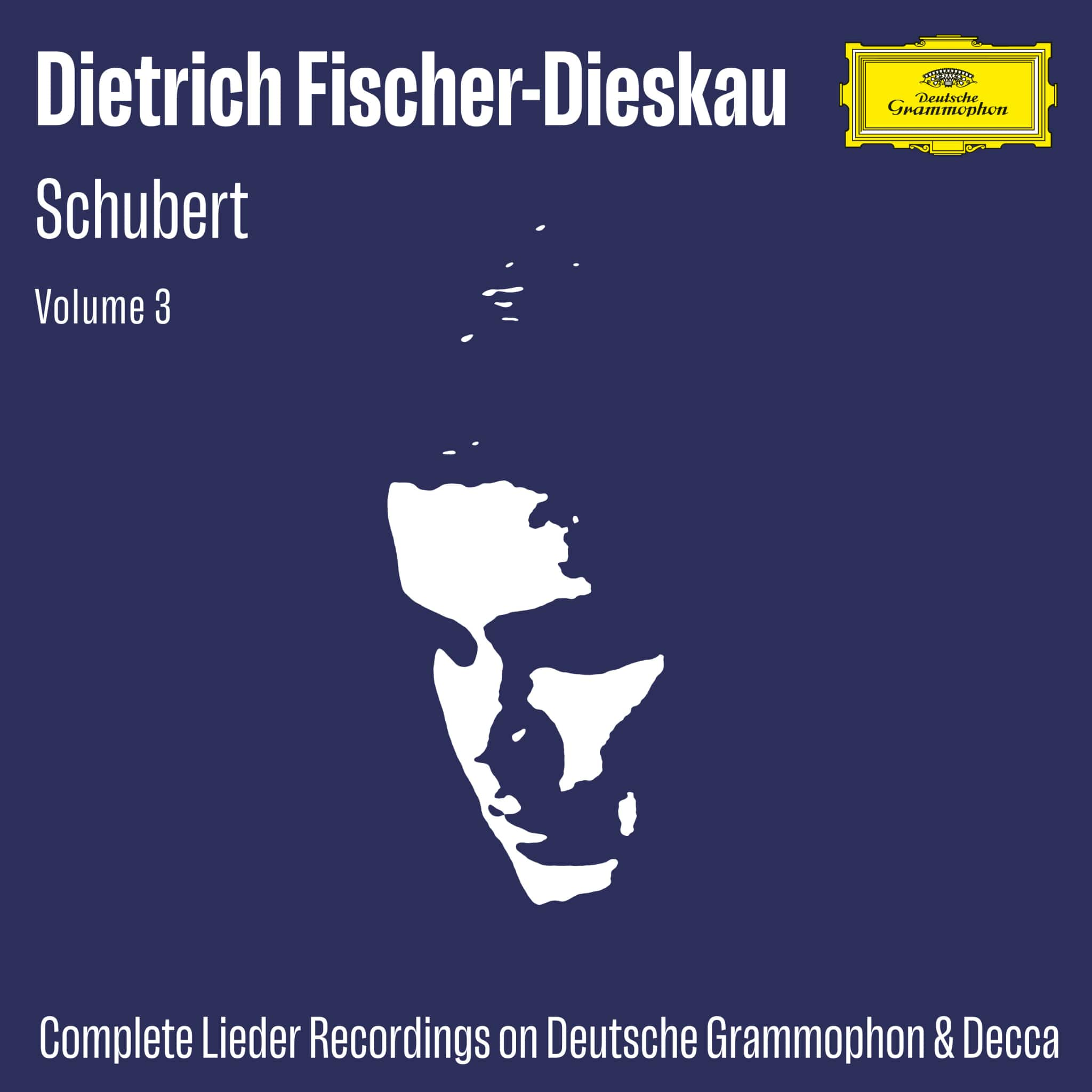Meisterwerke von Franz Schubert: Der ikonische Komponist der Romantik
Franz Schubert ist zweifellos einer der produktivsten Komponisten der Romantik, und sein umfassender Beitrag zur klassischen Musik bleibt unerreicht. Von seinen bescheidenen Anfängen in Wien, wo seine Familie ihn an die Musik heranführte und seinen Werdegang maßgeblich beeinflusste, bis hin zu dem Entschluss, seine vielversprechende Lehrerlaufbahn aufzugeben, um seiner Leidenschaft für die Musik zu folgen: Schuberts Lebensweg ist eine faszinierende Geschichte von unerschütterlichem Willen und bedingungsloser Hingabe an seine Kunst.
Frühes Leben und Ausbildung
Schubert erhielt seine ersten Musikstunden von seiner Familie und studierte später am k. k. Stadtkonvikt in Wien unter Antonio Salieri. Trotz aller Herausforderungen, die Schubert im Laufe seiner Karriere erlebte, zeugt sein umfangreiches Œuvre – bestehend aus Streichquartetten, Klaviertrios, Sinfonien und über 600 Liedern – von seiner unermüdlichen Leidenschaft für die Musik[1][2].
Sinfonie Nr. 4 c-Moll, D 417 („Tragische“)
Diese 1816 entstandene Sinfonie ist für ihre Ernsthaftigkeit und dramatische Ausstrahlung bekannt. Sie beginnt mit einem Adagio molto – Allegro vivace im ersten Satz, gefolgt von einem lyrischen Andante, einem Menuett und endet mit einem Allegro. Die Sinfonie ist für ein klassisches Orchester mit 2 Flöten, 2 Oboen, 2 Klarinetten, 2 Fagotten, 4 Hörnern, 2 Trompeten, Pauken und Streichern gesetzt.
Fantasie C-Dur, Op. 15, D 760 („Wanderer-Fantasie“)
Dieses Werk ist berühmt für seine technischen Herausforderungen und emotionale Tiefe. Besonders der Adagio-Satz wird für seine Schönheit und Komplexität gefeiert. Die Fantasie gehört thematisch zu einer größeren Sammlung von vier Impromptus.
Impromptus Op. 142 Nr. 1 f-Moll
Schuberts Impromptus zeichnen sich durch ihren ausdrucksstarken und oft melancholischen Charakter aus. Sie zeigen seine Meisterschaft im Klavierschaffen und gehören zu den vier Impromptus des Opus 142.
„Gretchen am Spinnrade“ und „Erlkönig“
Diese beiden Lieder zählen zu Schuberts beliebtesten Kompositionen, bekannt für ihre dramatische Intensität und musikalische Schönheit. Sie sind Teil seines gewaltigen Liedschaffens von über 600 Werken.
Die schöne Müllerin und Winterreise
Diese Liederzyklen gelten als Meilensteine des Vokalrepertoires. Sie sind für ihre berührenden und ausdrucksvollen Vertonungen deutscher Dichtung bekannt.
Erleben Sie eine eindrucksvolle Reise ins Wien der Romantik. Entdecken Sie das Genie Franz Schuberts, den Schöpfer von über 600 Liedern und der unvergesslichen Sinfonie Nr. 4, und lernen Sie weitere zeitlose Schätze auf STAGE+ kennen.





